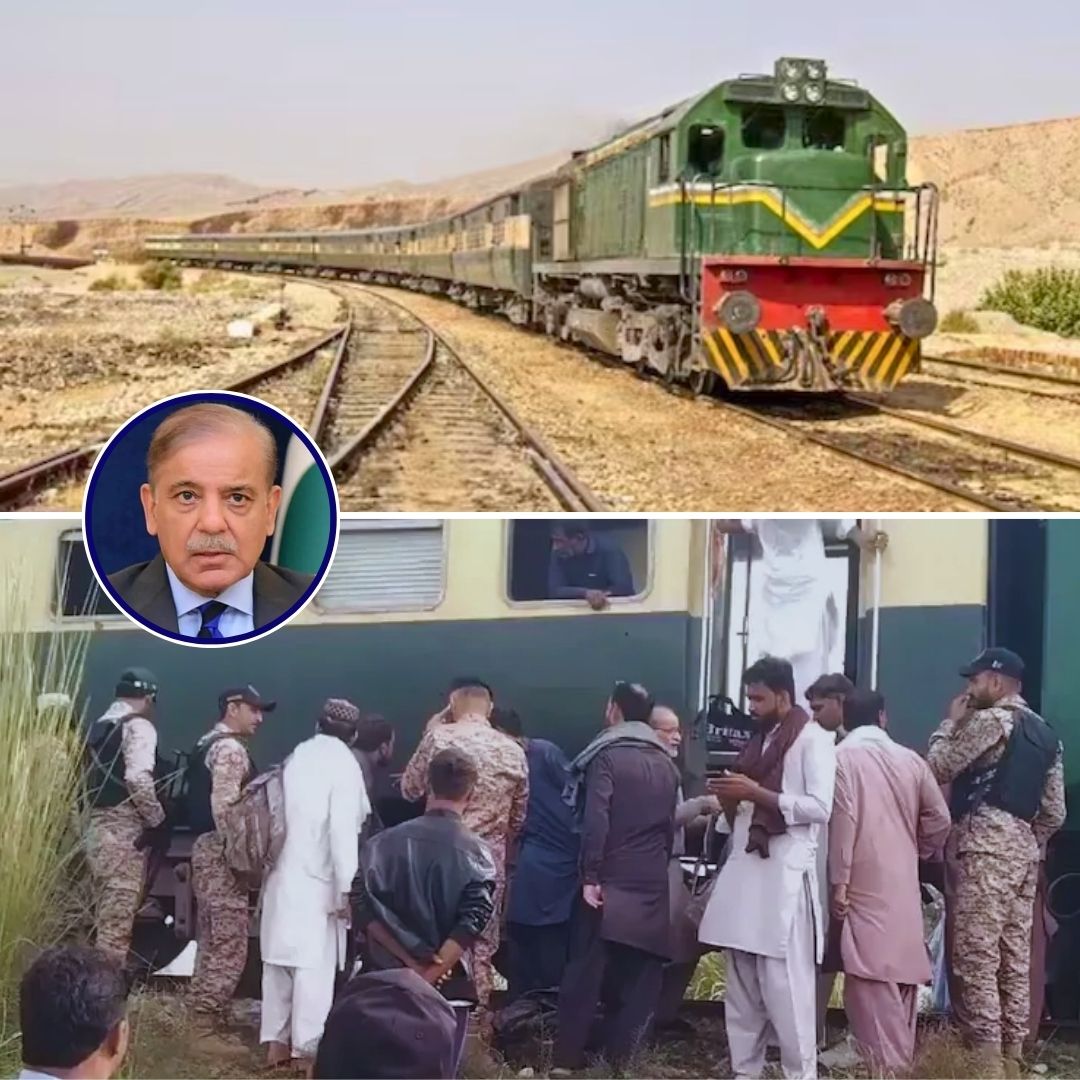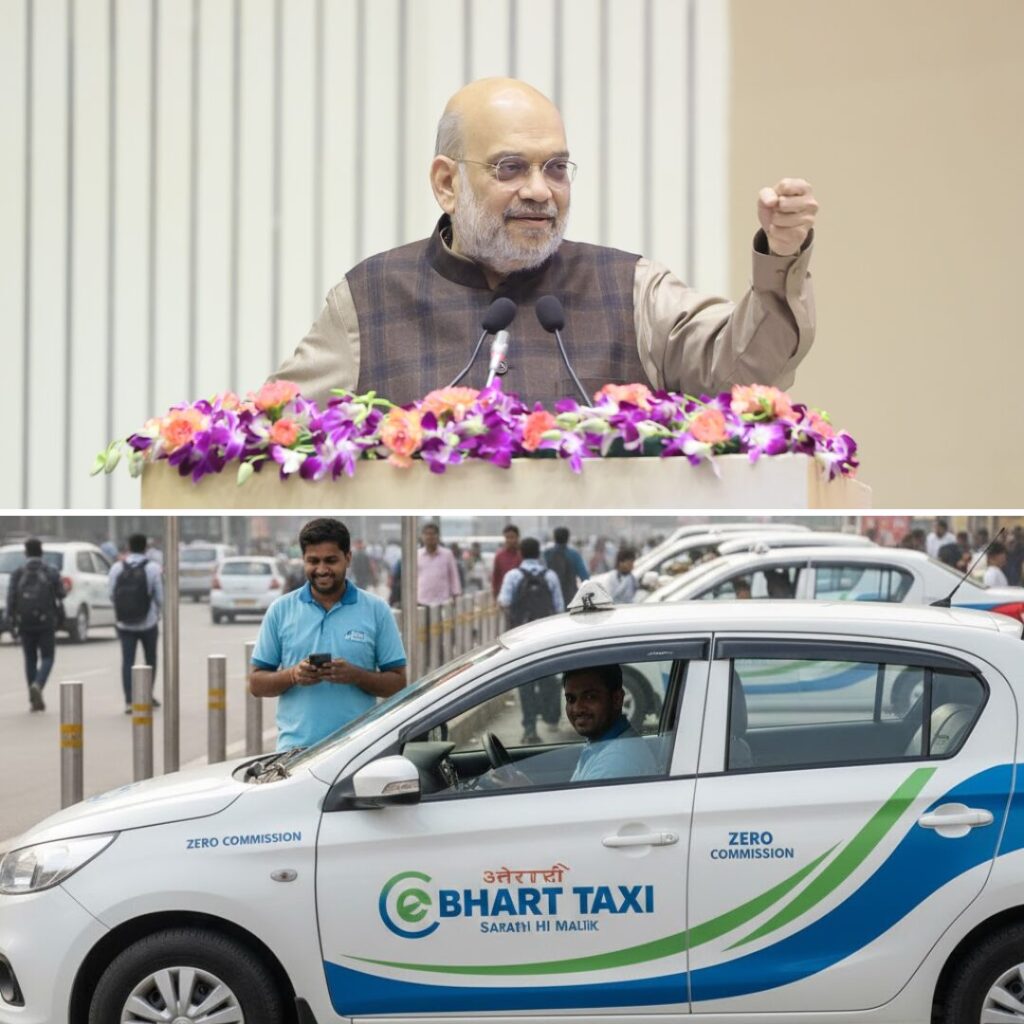On October 7, 2025, a powerful explosion rocked the Jaffar Express near Sultan Kot by the Sindh-Balochistan border in Pakistan. Five bogies were derailed, leaving several passengers injured. The blast was caused by a remote-controlled improvised explosive device (IED), reportedly targeting Pakistani Army personnel travelling aboard the train.
Rescue efforts are underway, with injured passengers rushed to nearby hospitals, while authorities investigate the attack. The Balochistan Republican Guards have claimed responsibility, marking yet another violent incident amid ongoing regional conflict.
Explosion Hits Jaffar Express: Immediate Aftermath and Rescue Efforts
The Jaffar Express, a vital train service connecting Karachi to Quetta and then further to Peshawar, was journeying through a relatively remote area when the explosion took place. Witnesses reported a sudden blast that shook several coaches, causing the derailment of five bogies, which threw passengers into panic. Railway officials quickly halted operations on the track and dispatched emergency response teams.
Medical personnel at local hospitals reported that a significant number of injured have been admitted and treated. The injured sustained a range of wounds, from minor injuries to more serious conditions requiring urgent medical care. Authorities have secured the site to preserve evidence for a thorough investigation.
Security forces immediately increased patrols and surveillance along the railway route to prevent any further attacks. The Pakistan Railways spokesperson confirmed that the blast caused extensive damage to railway infrastructure, delaying services and threatening overall transport safety in the region.
Repeated Targeting of Jaffar Express Highlights Regional Security Challenges
The explosion is not an isolated event but part of a disturbing pattern of attacks on the Jaffar Express in 2025. Earlier this year, the train was hijacked by militants who killed several passengers and security personnel, drawing national and international condemnation. Since then, attacks involving blasts and sabotage have targeted the railway at multiple points across Balochistan and Sindh provinces.
The Balochistan Republican Guards, a separatist group that has claimed the recent blast, have long demanded greater autonomy for the region and frequently oppose the federal government’s presence through armed resistance. Their operations aim to disrupt state infrastructure, but these acts often endanger innocent civilians.
Such attacks expose vulnerabilities in security measures and raise urgent questions about the protection of critical transport routes that are essential for commerce and civilian mobility. Pakistan’s interior ministry has pledged to bolster security protocols but faces the ongoing challenge posed by insurgent tactics that utilize remote-controlled explosives and explosives hidden along railway tracks.
Historical Context of Baloch Insurgency and Impact on Civilians
Balochistan, Pakistan’s largest but least developed province, has endured decades of insurgency fueled by grievances over political marginalisation, resource exploitation, and lack of economic development. The region’s ethnic Baloch groups have sought independence or greater autonomy through both political and armed means, which has led to cycles of violence.
The insurgency has targeted infrastructure and security forces to weaken government control, but these conflicts have also caused considerable civilian suffering, including deaths, injuries, and displacement. Attacks on trains such as the Jaffar Express have broader implications, disrupting connectivity and economic activity vital to the region’s stability.
Efforts to address Balochistan’s challenges require nuanced policies combining security, development investment, and dialogue with local communities to build trust and counteract violence. Reconciliation and inclusive growth are seen by many analysts as essential components of lasting peace.
The Logical Indian’s Perspective
The Logical Indian emphasises the importance of responding to such tragic events with empathy, justice, and a commitment to dialogue. Violence on public transport not only causes immediate harm but undermines social cohesion and the sense of safety necessary for communities to thrive.
While security measures must protect civilians, it is equally critical to address the root causes of conflict through sustained and inclusive engagement with all stakeholders. Building peace requires recognising grievances, fostering mutual understanding, and pursuing justice without resorting to violence.
Additional footage of attack on #JaffarExpress:
— Mahalaxmi Ramanathan (@MahalaxmiRaman) October 7, 2025
📍#SultanKot area of #Shikarpur district, #Sindh
4x passengers injured in the blast & firing.#Baloch Republican Guards have claimed responsibility for the attack #Balochistan @SherBah46958042 pic.twitter.com/deuwdsZe5Q












